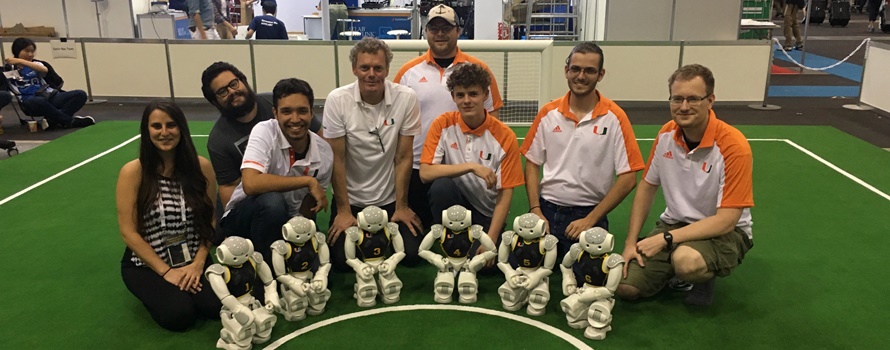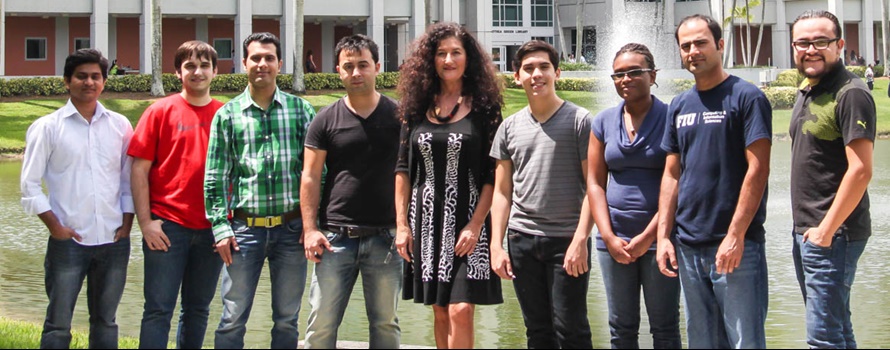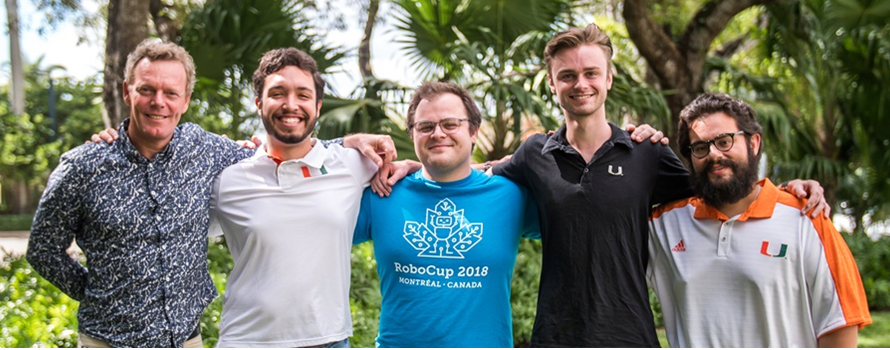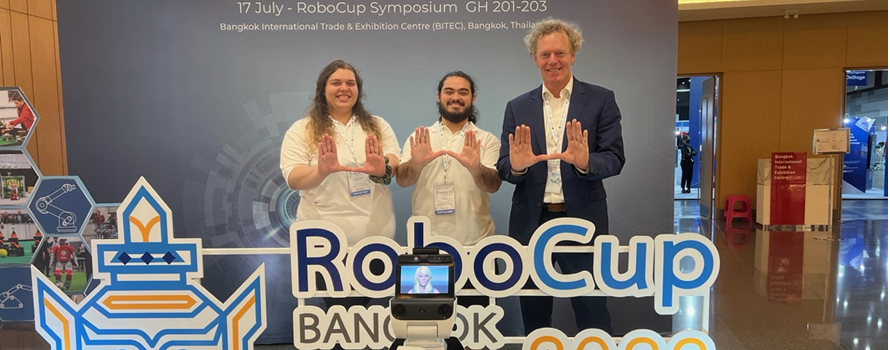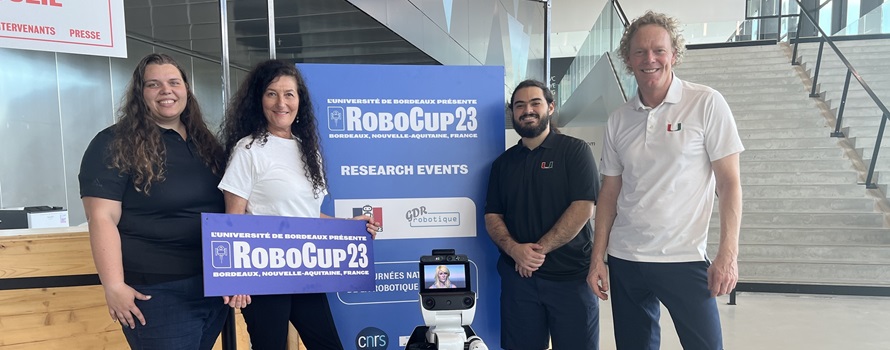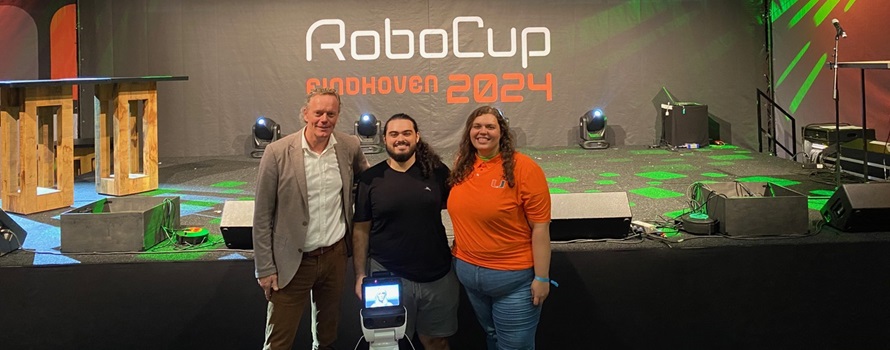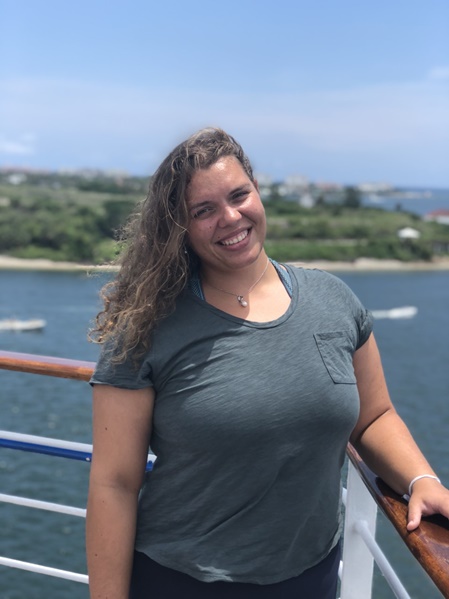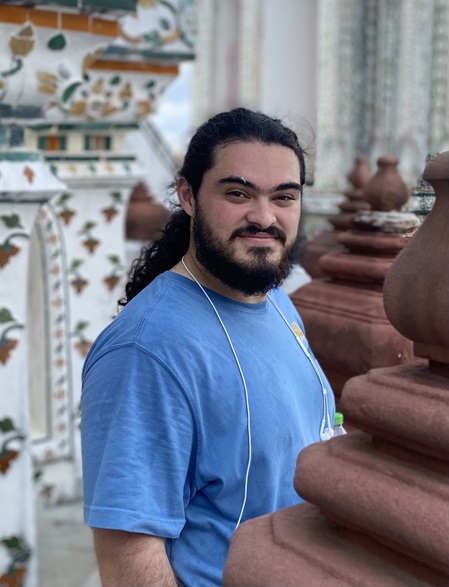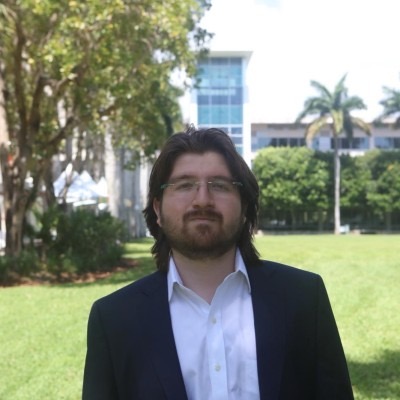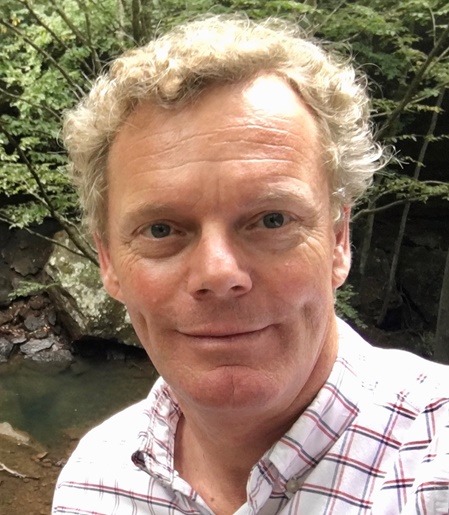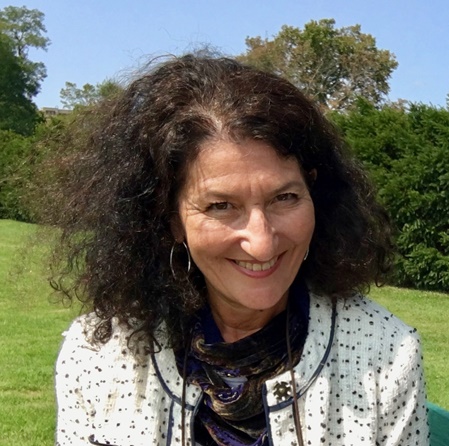Teams members
The team, RoboCanes, was incepted in January 2010 at the University of Miami in the USA under the supervision of Dr. Ubbo Visser. The team has designed, developed, and implemented its autonomous agent framework and software from the ground up in both the 3D Soccer Simulation League and the Soccer Standard Platform League, and it has evolved to a flexible research platform, that has contributed to over 40 publications over the years.
For RoboCup@Home, RoboCanes will team up with the VISAGE lab from FIU (Florida International University). The VISAGE lab is led by Dr. Christine Lisetti, a Faculty from the Computer Science Department at FIU who is one of the founders of the Affective Computing research field. Dr. Lisetti's group is known for its research on 3D Virtual Social Agents. We intent to combine both groups research effort to form a strong team aiming at using Toyota's HSR for the @Home DSPL competition in 2018.
Katarzyna Pasternak is pursuing a doctoral degree at the University of Miami. Her research interests are human-robot interaction and collaboration, autonomous robotic systems, and artificial intelligence. She joined RoboCanes lab in 2019, and participated in the RoboCup@Home Domestic Standard Platform League since 2021. She has served as a Technical Committee member for the @Home League since 2021, and Executive Committee member since 2024. In 2023, she has received Silvia Coradeschi RoboCup Award for a young female student with distinguished research.
Julio Ojalvo is currently pursuing a PhD degree at the University of Miami Computer Science Department. He joined the RoboCanes lab in 2022 and focuses his research on synthetic data generation for object detection in mobile robotics. His work centers on developing high-quality simulation pipelines that generate diverse, realistic training data to strengthen perception models and reduce reliance on costly real-world data collection. By exploring techniques such as advanced compositing, domain randomization, and physically informed rendering, he aims to improve the robustness and generalizability of object detection systems operating in complex, dynamic environments.
Julio’s broader research interests span computer vision, robot autonomy, and the challenges of bridging the sim-to-real gap. He is particularly motivated by the problem of how mobile robots can reliably perceive and interpret the world using limited onboard resources. Through his efforts, he contributes to the lab’s mission of creating scalable, data-driven approaches for next-generation autonomous platforms.
Simon Jaimes is a senior at the Computer Science dep at the University of Miami. His interests include machine learning and computer/robotic vision. Since joining RoboCanes in 2025, Simon has focused on implementation of segmentation models to extend existing pipeline .
Christopher Duarte is a doctoral student at the Computer Science department at the University of Miami. His research interests lie in autonomous navigation and localization, robotic simulation and human-robot interaction. He has joined RoboCanes lab in 2022 and has participated in RoboCup 2024 in Eindhoven, Netherlands.
Shengxin (Anthony) Luo is a Ph. D. student and Dean's Fellow at the University of Miami Computer Science department, where he has been since 2016 as an undergraduate student. He has extensive knowledge in mathematics and has been awarded both Departmental Honor of Mathematics and Outstanding Senior in Mathematics from the Math department at UM. He has been a researcher in the RoboCanes lab since 2019, and his current research tasks are to program autonomous robots to perform complex and stable motion planning by utilizing concepts from algebraic and differential geometry. He participated in RoboCup Sydney DSPL league competition and is the designated team leader for the upcoming RoboCup 2021. He was also involved in several publications by the RoboCanes research group.
Ubbo Visser is a computer science faculty and participated in the RoboCup community in various functions and teams since 2000. He started with the Soccer Simulation League (2D, 3D). He then founded more teams from the Bremen University in Germany (together with Thomas Roefer): The SSL team B-Smart and the German Team in the 4LL (also together with H.-D. Burkhard, Humboldt University Berlin). Since 2008, he works at the University of Miami where he founded the RoboCanes team. The team started with the 3D Soccer Simulation League and then moved to the SPL. The team is part of the @Home league (DSPL/HSR) community since 2018. He has taken an active role in the RoboCup community as member of TC, OC, Exec, and as a Trustee from 2007-2012 and 2018-present. He was Vice-President of RoboCup from 2018-2019. He co-organized RoboCup 2006 in Bremen.
Christine Lisetti's long-term research goal is to create digital and engaging socially intelligent agents that can interact naturally with humans via expressive multi-modalities in a variety of contexts involving socio-emotional content (e.g. empathetic health coach, social companion, cyber-therapy, intelligent tutoring system, serious/educational game). Her research therefore lies at the intersection of human-computer interaction, affective computing (she co-founded the IEEE Transactions on Affective Computing), artificial intelligence, emotion and personality theories, social communication, and of disciplines providing the socio-emotional content where VISAGEs can be particularly helpful (e.g. healthcare, education).
Former HSR Team members
- Pedro Pena
- Joseph Masterjohn
- Lloyd Beaufils
- Chloe Arluck
- Michael Davis
- Zishi Wu
- Philip MacKenna
- Rahul Dass
